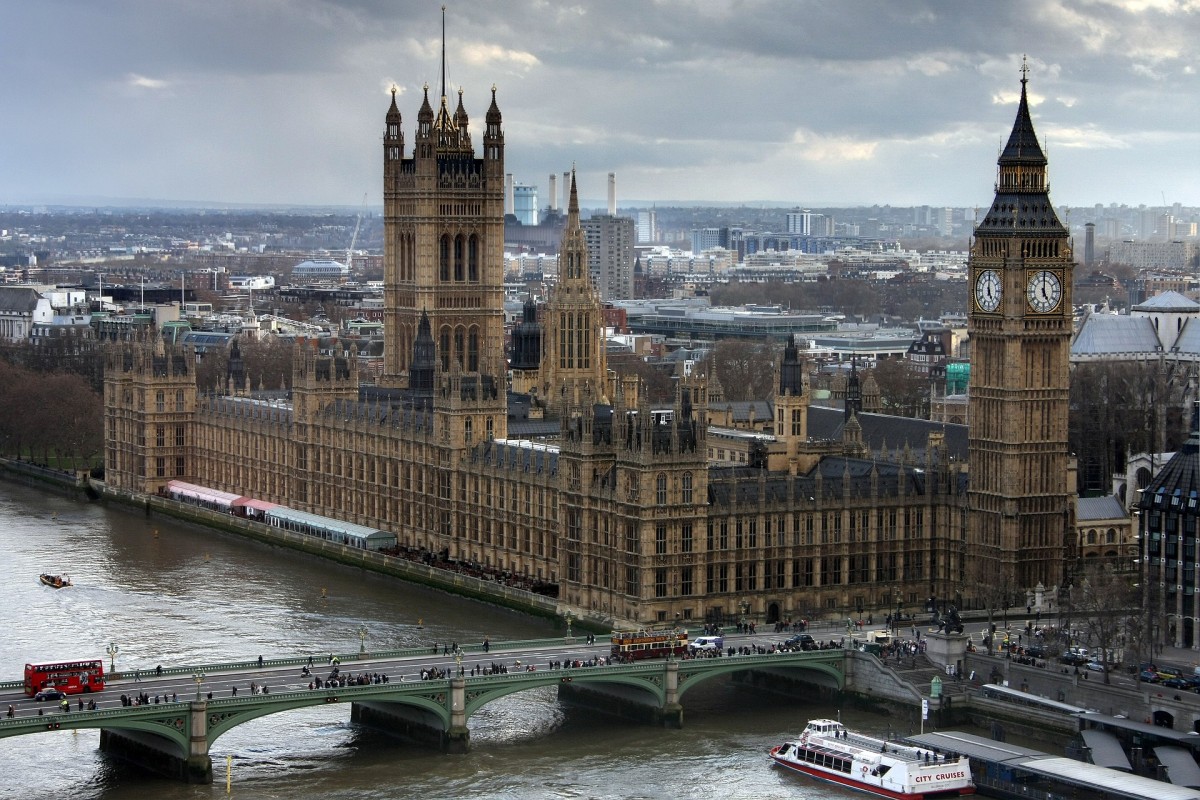The British government came under more pressure over its post-transition Brexit plans on Friday after the logistics industry slammed “significant gaps” in preparations, warning that trade will be “severely disrupted” unless issues are addressed.
Eight organisations representing freight transport and storage companies have called for urgent talks with senior government ministers to discuss funding, IT systems and infrastructure to deal with new customs bureaucracy.
The lobby groups say “it is critical we ensure the supply chain is protected”, noting that the changes risk coinciding with a potential second COVID-19 spike.
New border arrangements will kick in on January 1, 2021, as a result of the UK’s decisions to leave the EU’s Single Market and Customs Union and not to extend the transition period.
The changes — involving customs formalities and regulatory controls — will be significant, bringing to an end decades of seamless trade, regardless of whether a deal is struck this autumn. Talks resume next week.
The latest distress call comes from industry groups involved at the sharp end of the new arrangements. They accuse the British government of failing to grasp the complexity of the task.
“As key participants in the supply chain who will be required to deliver a functional operating border for GB and EU traders next year, we have visibility of the current state of preparedness which as it stands has significant gaps,” the letter reads.
“If these issues are not addressed disruption to UK business and the supply chain that we all rely so heavily on will be severely disrupted.”
Most of Britain’s food comes from the EU, much of it on trucks through the Channel port of Dover, and the freight industry is warning there could be major logjams when customs checks and other procedures have to be imposed.
The UK has plans to phase in border checks on goods coming from the continent from January. However, freight moving from Britain to the EU will be subject to new formalities from day one. Documentation for exported goods will need to be in order on the British side before they cross the English Channel.
An EU paper published in July warned that the post-Brexit regime will bring “increased administrative burdens” and “longer delivery times”. The British government has published a 100-page document detailing the changes.
The UK bodies are warning that not enough time is being provided for businesses to adapt to new technology. Another factor is that the vast majority of cross-channel freight is in EU lorries, meaning that non-British drivers will need to be able to use it.
British Transport Secretary Grant Shapps said on Friday he was confident goods would keep flowing. The UK government is investing millions in new IT systems and border facilities and recruiting thousands of customs staff to deal with the new arrangements.
There are plans for new clearance sites and inspection posts in England to cope with the extra red tape. The government has authorised the construction of 29 “lorry parks” to absorb the anticipated build-up of traffic.
Boris Johnson’s administration is also spending up to €400 million on a new trading system for goods moving from Britain to Northern Ireland, which will still follow EU customs rules from next year and remain partially aligned to EU regulatory standards.
Supporters of Brexit say leaving the EU’s Single Market for goods and services will let Britain strike new trade deals around the world. Talks are underway with major countries including the US — which have made slow progress — and Japan.
Most economists say new trade deals are unlikely to make up for the economic hit of erecting barriers with the EU, which accounts for almost half of Britain’s trade.
euronews.com
pixabay


















